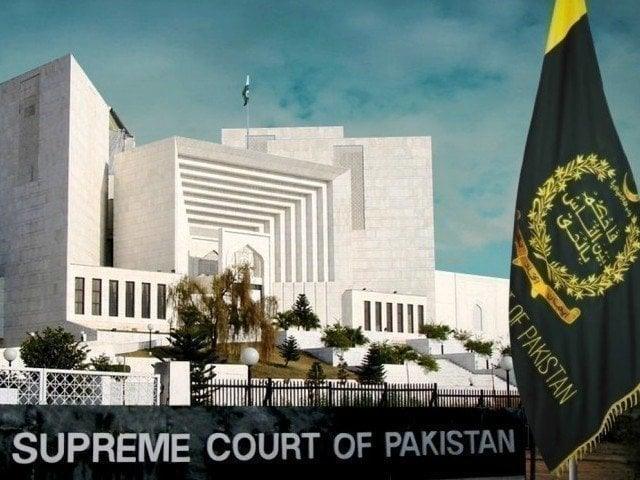The Supreme Court has judged that refusing the opportunity to oppose a witness to a witness constitutes a violation of article 10-A of the Constitution, which guarantees the right to a fair trial. A five-page judgment written by judge Salahuddin Panwar, while putting aside the order of the Federal Services Tribunal, noted that the counter-examination was the highest and most essential test of the law for the discovery of the truth. The Superior Court said that the reliability of evidence can only be judged by the counter-examination, which is essential to reveal the truth and test the credibility of allegations. This is particularly important when the possibility cannot be excluded in the investigation that a witness can raise false and dishonest allegations due to animosity against the accused, who cannot be accepted unless he undergoes the counter-examination test, which indeed helps to expose the truth and the veracity of allegations. The petitioner, who was a police superintendent (PSP-BS-18), was denied the opportunity to oppose witnesses. He received an accusation sheet and a statement of allegations for having committed acts of omission, thus constituting ineffectiveness, misconduct and corruption in terms of rule 3 (a) (b) and (c) and (c) of the rules of civil servants (E&D), 1973. The procedures against the petitioner were launched by an order dated 23 2015 of the officers, including the petitioner, disciplinary. However, during the investigation procedure, the petitioner was summoned, heard in person and his declaration / response was registered against the accusation sheet. The statements of 138 witnesses were recorded, but it was not allowed to contraindle any of them. After the completion of the investigation, the report was submitted on 12.11,2018 to the authorized officer, who sent him to the secretary (establishment) with the recommendation to impose the major penalty of "Reduction of the lower scene of the time scale for three years" Under the rule-4 (b) (i) of the rules of civil servants (efficiency and discipline), 1973. The Federal Services Court (FST) confirmed punishment. The petitioner later approached the Supreme Court. The order notes that the main objective of the counter-examination is to rigorously examine the testimony of the witness, to reveal any inconsistency, to discover potential biases and to critically assess the reliability of the evidence presented.
“The counter-examination cannot be refused”




